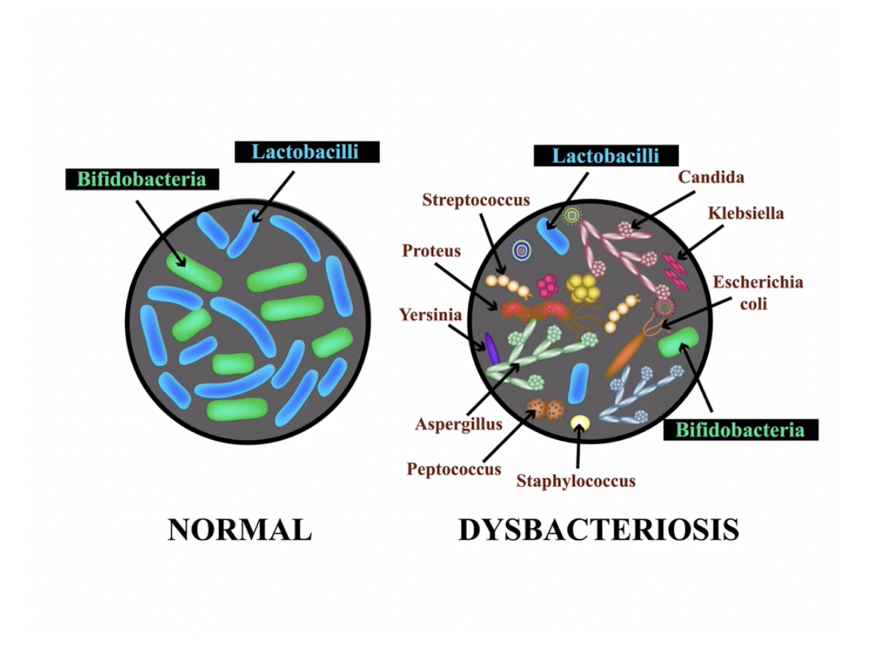Nutrition for Children with Disabilities to Enjoy
IGNIS Community recently finished the second cohort of a “Detox and Nutrition Regimen” for families with developmental disabilities. For the past six months, Korean families raising children with autism and other developmental disabilities have been following a regimen that removes food sensitivities and toxins from the diet while also increasing nutrient-rich foods.
What we feed our children directly affects them. If we feed them junk food, we will get junk behavior and junk learning, but if we feed them nutritious food, we can improve both their learning and behavior with it.
Unfortunately, the food we eat today is full of toxins. We're eating artificial colors and flavors, preservatives, artificial oils and seasonings, and we're also eating foods that are genetically modified or contaminated with pesticides and herbicides. The way we eat is harming our bodies, exacerbating developmental disabilities, and contributing to diseases like diabetes, cancer, autoimmune diseases, food allergies, and dementia.
In particular, children with developmental disorders such as autism and attention deficit hyperactivity disorder (ADHD) are more susceptible to food intolerances, food toxins, and nutrient deficiencies. These sensitivities often lead to a condition called leaky gut.
Poor Nutrition in Individuals with Disabilities Often Leads to Dysbacteriosis and Leaky Gut Syndrome
Leaky gut is caused by an imbalance of bacteria or dysbacteriosis in the gut, and this imbalance directly affects our children's behavior and emotions. Research has shown that improving gut bacteria through specific diets can actually help treat neurodevelopmental disorders.
For these reasons, it's important for families to have access to healthy, specific diets and organic foods, but it's hard to know how to access healthy, nutritious foods and prepare meals in an environment that is often filled with toxins.
This is why IGNIS Community is introducing a project called Injoy Kitchen. Injoy Kitchen's goal is to provide children with developmental disabilities and the families who care for them with whole foods that are free from neurodevelopmental toxins and food allergies to help promote holistic health, starting with brain development.
Nutrition is a critical factor that directly impacts every aspect of our children's health and development. Children suffering from developmental disabilities need a healthy diet tailored to their unique needs. As certain chemicals interfere with neurotransmitters, toxins continue to build up in the bodies of children with developmental disabilities through foods and prescription medications, and symptoms of developmental disabilities are exacerbated.
The number of people with developmental disabilities (intellectual disabilities autism spectrum disorders) registered with the Korean Department of Health and Human Services in 2023 is growing rapidly, from 190,163 in 2012 to 263,311 in 2022.
Number of People with Developmental Disabilities in Korea is Rising
Children with developmental disabilities face challenges in eating healthy foods on a consistent basis. First, there is a lack of awareness at home about the need to provide healthy food for children with developmental disabilities. Official resources to support children with developmental disabilities, including food, are not readily available.
Second, even when families do recognize the need to provide healthy food for children with developmental disabilities, they have difficulty actually making it happen. Parents of children with developmental disabilities are already overwhelmed physically and mentally, and it can be difficult to prepare nutritionally sound food for their children.
Third, it is common for children with developmental disabilities to not eat even when parents prepare healthy food. Children with developmental disabilities may only like certain foods or have strong rejection of certain foods, making it difficult for them to eat nutritionally balanced meals.
Injoy Kitchen seeks to educate parents on symptom relief for children with developmental disabilities by conducting online and offline educational programs and introducing parents to ways that help alleviate the symptoms of children with developmental disabilities. This includes sharing healthy recipes that are easily accessible at home in the form of online social media and print publications.
Secondly, Injoy Kitchen seeks to provide healthy food to children with developmental disabilities through the development of organic sauces, marinades, dressings, and broths to help children with developmental disabilities choose healthy ingredients according to the type of food, taste, color, and texture that they prefer.
The primary goal is for children with developmental disabilities to improve their overall health and behaviors by consuming products developed by Injoy Kitchen. Already families who have journeyed through IGNIS Community’s detox program are experiencing significant changes.
Children with autism are more collected and calmer. Their repetitive behaviors have reduced. Digestion has improved and become more regulated. Teenagers and young adults have also seen acne disappear. Most importantly, this change in behavior has helped individuals with disabilities cooperate better with the Neurodevelopmental Approach (NDA) training also provided by IGNIS Community. This in turn is multiplying the positive transformation being observed in each person.
IGNIS Community hopes to launch Injoy Kitchen soon. To learn more about how nutrition affects children with disabilities, go here.

